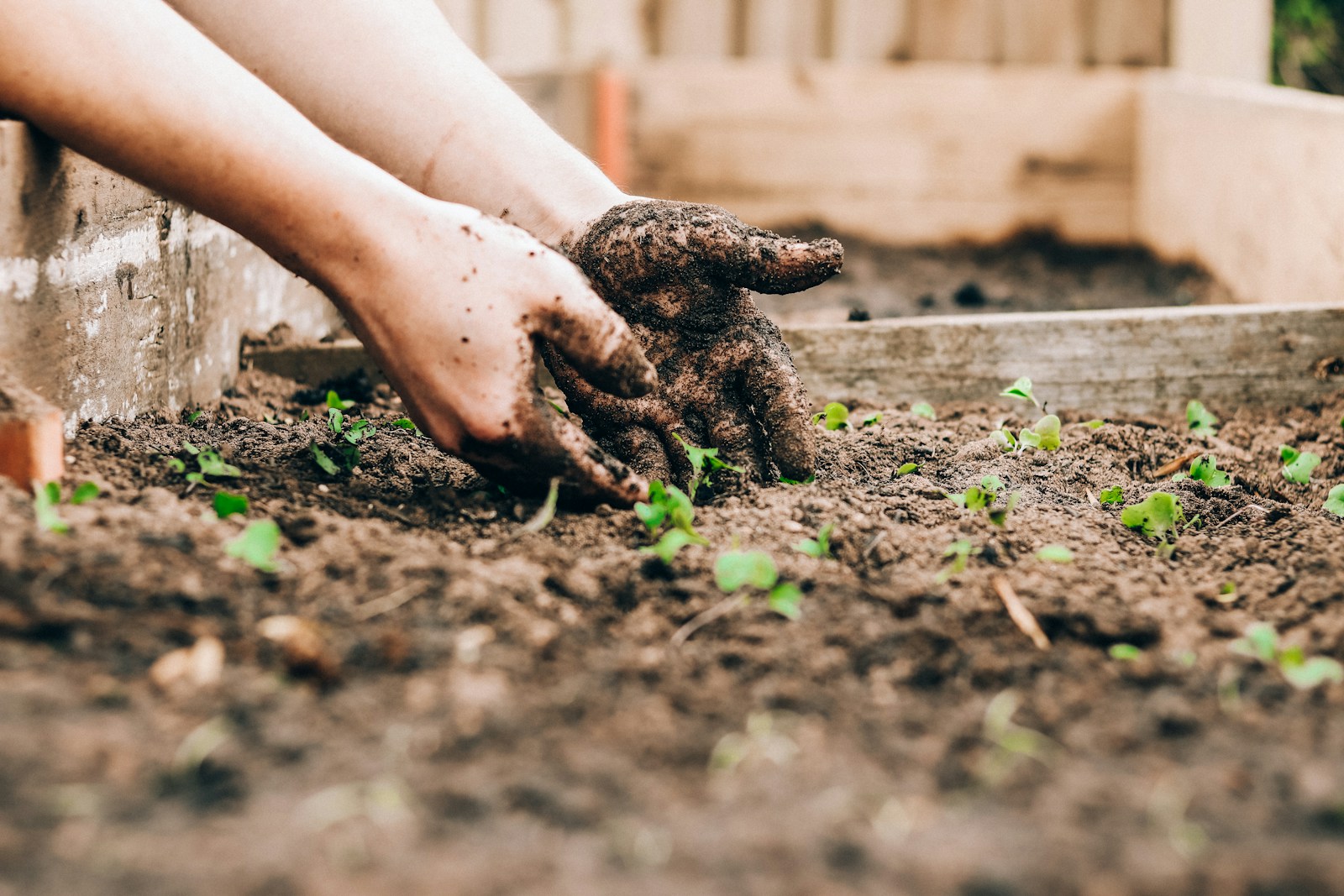Summary
Gardening is a rewarding and fulfilling hobby that allows you to connect with nature while cultivating your own green space. Whether you have a small balcony, a backyard, or access to a community garden, getting started in gardening can be an enjoyable and educational experience.
Average Starting Cost:
The cost of starting a garden can vary depending on the scale and type of garden you envision. On average, you might spend between $50 to $200 initially, covering expenses such as seeds or starter plants, soil amendments, gardening tools, and containers or raised beds if needed.
Average Time Commitment:
The time commitment can vary based on your goals. On average, plan to spend at least a few hours per week tending to your garden. However, keep in mind that some tasks may require more time during specific seasons, such as planting in spring or harvesting in summer.
First Steps to Take:
Assess Your Space: Determine the available space, sunlight, and soil conditions. Consider factors like climate, as they will influence the types of plants that thrive in your area.
Choose Your Plants: Select plants suitable for your climate and taste. Consider starting with easy-to-grow varieties like tomatoes, herbs, or flowers.
Prepare the Soil: Test your soil’s pH and amend it as needed. Good soil is the foundation for a healthy garden. You may need to add compost or organic matter to improve soil fertility.
Gather Essential Tools: Acquire basic gardening tools such as a shovel, rake, watering can, and gloves. These tools will make your gardening tasks more manageable.
Planting: Follow planting guidelines for each chosen plant. Pay attention to spacing and depth recommendations on seed packets or plant labels.
Watering and Maintenance: Establish a watering routine based on your plants’ needs. Regularly check for pests, diseases, and weeds. Stay proactive in addressing issues as they arise.
Additional Resources:
Online Communities: Join forums or social media groups where you can connect with experienced gardeners, ask questions, and share your progress.
Local Nurseries and Garden Centers: Visit nearby nurseries for personalized advice, local plant varieties, and additional resources.
Books and Websites: Explore reliable gardening books and websites for in-depth information and tips. Some popular websites include the Royal Horticultural Society (RHS) and the Old Farmer’s Almanac.
Communities:
- Reddit – r/gardening: A community where gardeners of all levels share tips, ask questions, and showcase their projects.
- GardenWeb: A comprehensive forum covering various topics, from plant care to landscaping, where users can seek advice and share their gardening experiences.
- Dave’s Garden: A community offering gardening resources, forums, and a plant database. Gardeners can connect, ask questions, and find information on various plants.
- Houzz GardenWeb: Houzz’s gardening community where users can discuss landscaping ideas, garden design, and get inspiration for outdoor spaces.
- Gardening Know How: A website with an active community, articles, and forums covering a wide range of topics for both beginners and experienced gardeners.
- Allotment and Gardens Forum: A UK-based forum where gardeners and allotment enthusiasts can share tips, advice, and experiences related to vegetable and fruit gardening.
- The Garden Web Forums on Fine Gardening: Fine Gardening’s community where users can discuss various topics, share insights, and seek advice from fellow gardeners.
- MyFolia: A gardening community focused on plant tracking, allowing users to log their garden activities, connect with other gardeners, and share their plant journeys.
- Gardeners’ World Forum: An online community associated with the popular BBC Gardener’s World TV program, where gardeners can share tips, ask questions, and discuss all things gardening.
- GardensOnline Forums: An Australian-based gardening forum providing a platform for gardeners to share advice, tips, and information about plants suitable for the region.
FAQs:
Q: Can I start a garden if I don’t have a yard?
A: Absolutely! Container gardening, balcony gardening, or joining a community garden are excellent options for those without a traditional yard.
Q: How often should I water my plants?
A: The frequency of watering depends on various factors, including plant type, weather, and soil. It’s essential to keep the soil consistently moist but not waterlogged.
Q: What should I do about pests?
A: Monitor your plants regularly for pests. Use organic pest control methods when possible, such as neem oil or introducing beneficial insects. Consult local gardening resources for region-specific advice.
Remember, gardening is a learning process, and don’t be afraid to make mistakes. Experiment, observe, and enjoy the journey of nurturing your own green oasis.
